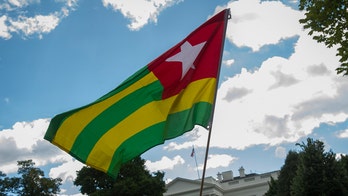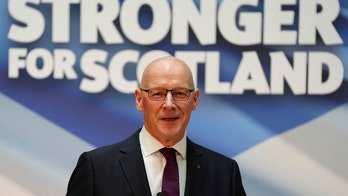Nobel Peace Prize winner Muhammad Yunus has been chosen to lead Bangladesh's interim government following the ouster of Prime Minister Sheikh Hasina. Yunus, a longtime critic of Hasina, will serve as caretaker premier until new elections are held.
Following the ouster of Prime Minister Sheikh Hasina, Nobel laureate Muhammad Yunus has been appointed interim head of the Bangladeshi government. The decision was made after a meeting that included student protest leaders, military chiefs, civil society members, and business leaders.
Yunus, 84, is a renowned economist and banker. He founded Grameen Bank, a regional microfinance giant, and was awarded the Nobel Peace Prize in 2006 for his pioneering work in microcredit. He has been a vocal critic of the Hasina government and has faced multiple state-led corruption investigations.

Nobel Laureate Muhammad Yunus Appointed Interim Head of Bangladesh Government
Sheikh Hasina was forced to flee Bangladesh on Monday after weeks of protests over a quota system for allocating government jobs. The protests escalated into a broader challenge to her 15-year rule, which was marked by economic growth but also an increasingly authoritarian streak.
The decision to appoint Yunus as interim prime minister came after student leaders who organized the protests expressed their desire for him to lead the government. Yunus, who is currently in Paris advising the Olympic organizers, is said to have agreed to step in during discussions with the students.

Nobel Laureate Muhammad Yunus Appointed Interim Head of Bangladesh Government
Yunus's appointment has been met with mixed reactions. His supporters believe his experience as an economist and his commitment to social justice make him well-suited for the role. However, his opponents point to his frosty relations with the former prime minister and his involvement in legal controversies as reasons to question his suitability.
Yunus has denied allegations of corruption and has said he has been targeted because of his political differences with Hasina. He has called Hasina's resignation the country's "second liberation day."
Yunus's interim government will be responsible for overseeing the transition to new elections and restoring peace and stability to Bangladesh. He will face a number of challenges, including the need to address the underlying causes of the protests and to ensure that the upcoming elections are free and fair.
Yunus was born in 1940 in Chittagong, Bangladesh. He received his PhD from Vanderbilt University in the United States and taught there briefly before returning to his home country. He founded Grameen Bank in 1983 to provide small loans to entrepreneurs who would not normally qualify for them.
The bank's success in lifting people out of poverty led to similar microfinancing efforts in other countries. However, Yunus's relationship with the Hasina government soured in 2008, when her administration launched a series of investigations into him.
In recent years, Yunus has faced charges related to Grameen Bank's activities and other companies he created. He has pleaded not guilty to all charges and is currently out on bail.
Yunus's appointment as interim prime minister is a significant development in Bangladesh's political crisis. His experience and commitment to social justice make him a potentially effective leader, but his political opponents and the challenges facing the country may make it difficult for him to succeed.










